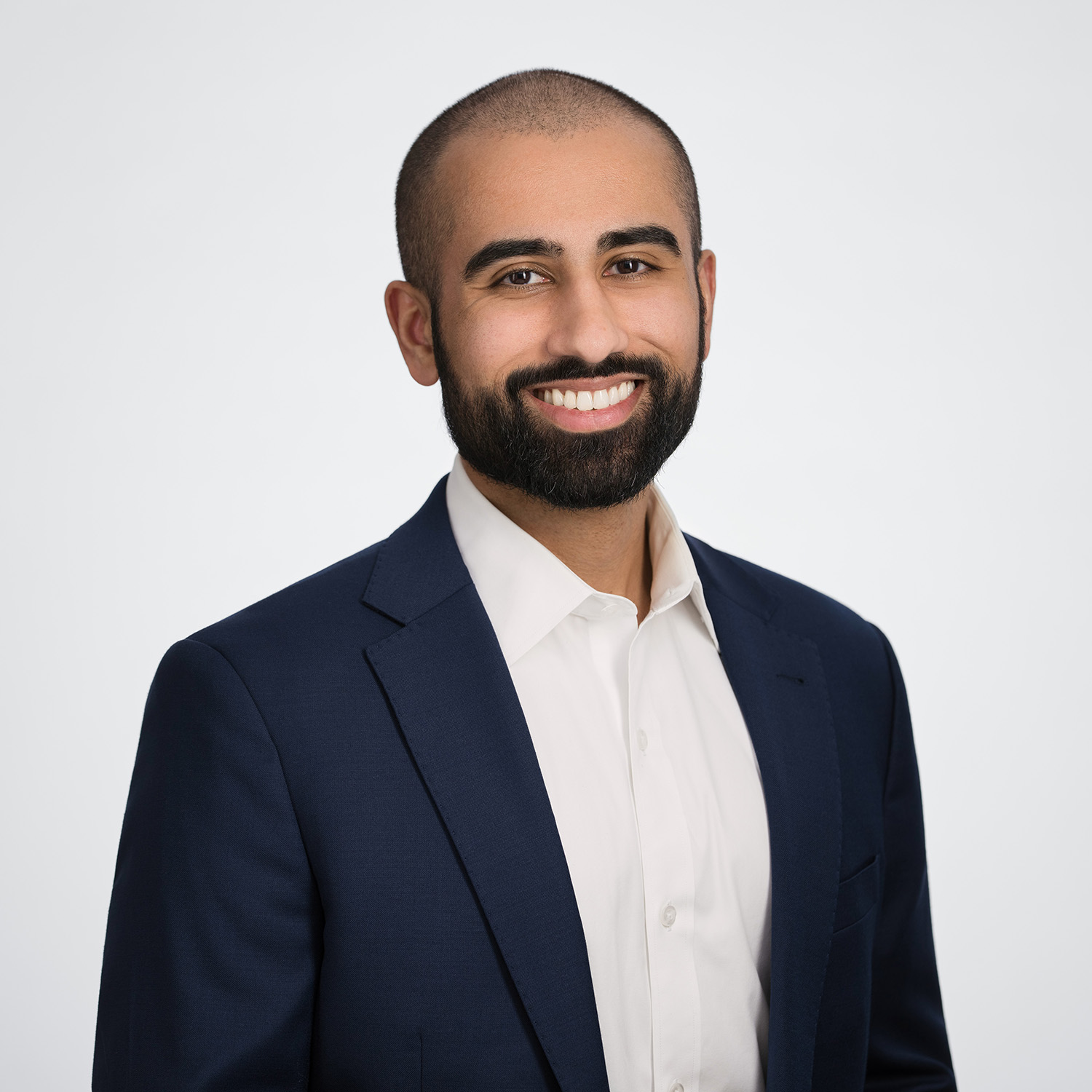Round of Applause: Boston University Medical Student Receives Health Activist Award
Neil Singh Bedi is lauded for his leadership in promoting health care equity

Round of Applause: Boston University Medical Student Receives Health Activist Award
Neil Singh Bedi is lauded for his leadership in promoting health care equity
Awardee

Neil Singh Bedi (CAS’25, CAMED’26)
BU affiliation
Fourth-year student at Boston University’s Chobanian & Avedisian School of Medicine.
What is the honor you’ve received?
I received the 2025 Paul Ambrose Outstanding Student Activist Award, a national recognition presented at the Health Activist Dinner in Washington, D.C., for student leadership and advocacy in advancing health equity and social justice.
Why did you receive the award?
I was recognized for my work in leading the Stop Shackling Patients Coalition, a task force and learning collaborative of health professionals, human rights advocates, and policymakers driven to raise the quality of care provided to incarcerated individuals by bringing an end to universal shackling. Our team spearheaded the revision of the policy and clinical practice for incarcerated patients at Boston Medical Center, allowing for compassionate shackle removal at the largest safety net hospital in New England. In American hospitals, routine shackling of incarcerated patients with metal restraints is widespread, regardless of consciousness, mobility, illness severity, or age.
The modified policy we implemented includes individualized assessments and allows incarcerated patients to be unshackled if they meet defined criteria. In addition to successful health system policy changes, we led successful resolutions supporting anti-shackling policies in the Massachusetts Medical Society, American Public Health Association, and American Medical Association.
Why is this honor meaningful?
This is an opportunity to highlight that public health and medicine are inseparable; caring for patients also means we get to confront the systems that shape human health. This honor goes well beyond me, to an entire community of clinicians, advocates, and agents of change that I have had the privilege of working with and learning from over the last couple of years. Our trio, including Nisha Mathur (CAS’22, CAMED’25) and Judy D. Wang (CAMED’21,’25), got together and said, “We’re going to do something about this,” and we did, but not without the mentorship of some incredible BU professors, especially Sondra Crosby and [the late] George Annas.
While public health and healthcare face countless systemic challenges, addressing the shackling of hospitalized incarcerated patients has been a powerful and deeply human place for me to start. This work serves as a proof that change is possible. Not only is change possible, but it can also be created, where we, as trainees, are the agents of change within our systems.
What’s next for you?
I am excited to pursue an internal medicine-pediatrics residency. While my primary focus is to become an excellent physician, I am committed to continuing my work at the intersection of public health and clinical care. In the context of our anti-shackling efforts, I’ll be continuing to work with other health systems to bring similar policies across the country. Beyond the issue of shackling alone, I also have a fierce passion to address the impacts of climate change on health and health systems. Overall, my goal is to treat symptoms at the bedside, and heal systems at scale.
I will continue learning, while inspiring other trainees to become agents of change within their systems. My friends and colleagues have heard me remark that the greatest trick the devil ever pulled was convincing us that we can’t change the world. I believe we can, and as each of us finds ways to investigate and improve our systems, we’ll come remarkably closer to a world where all people can truly be well.